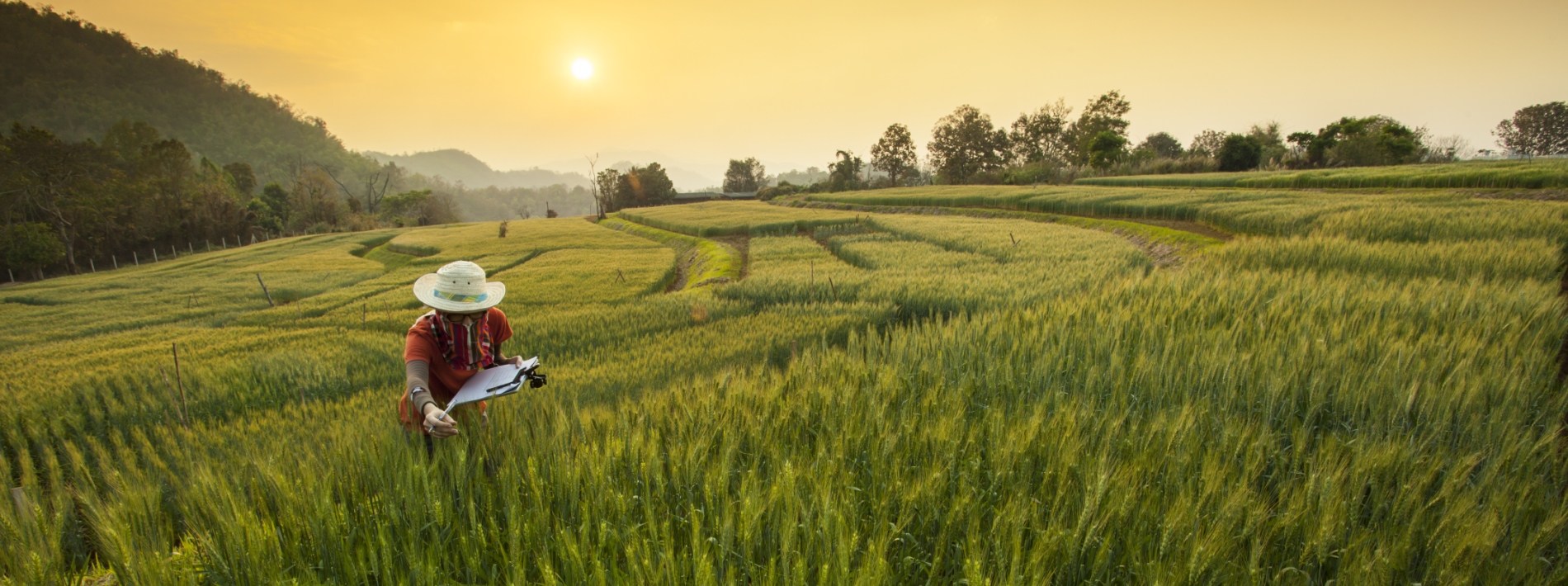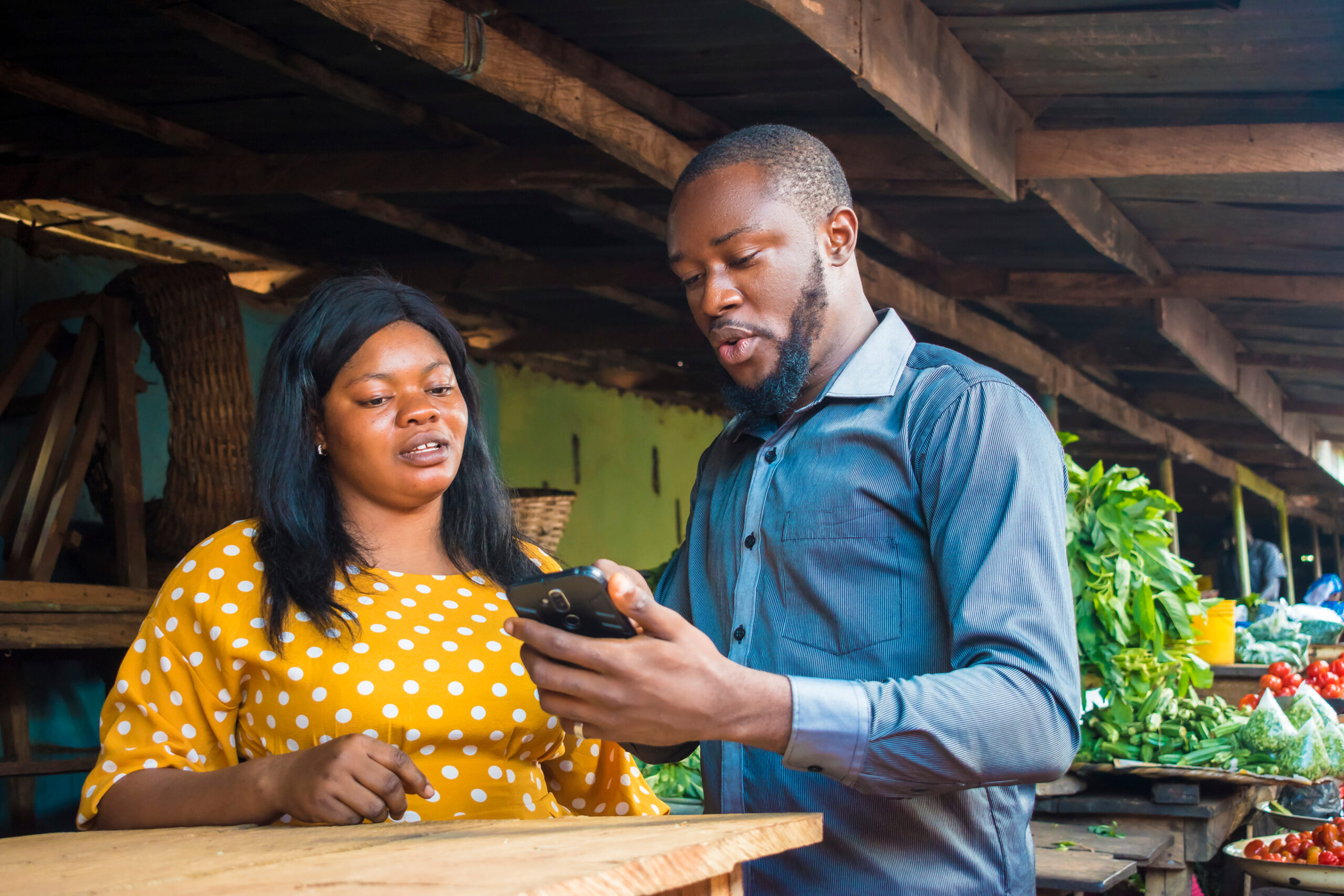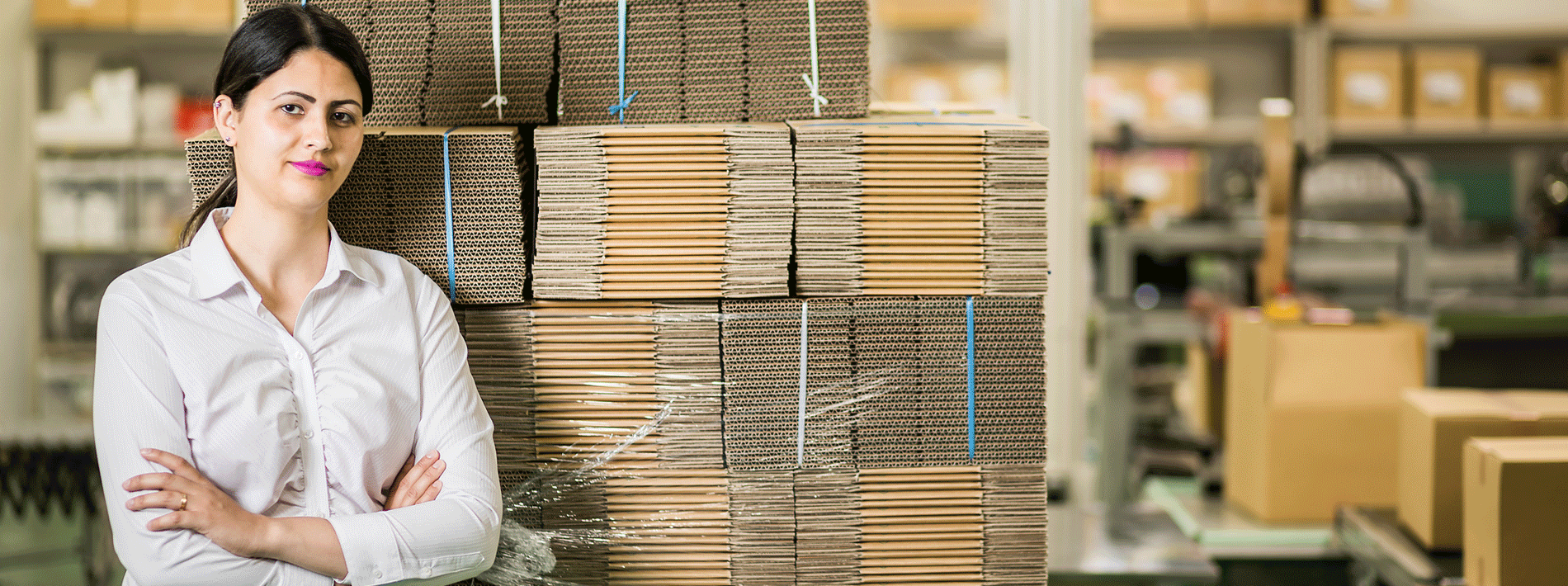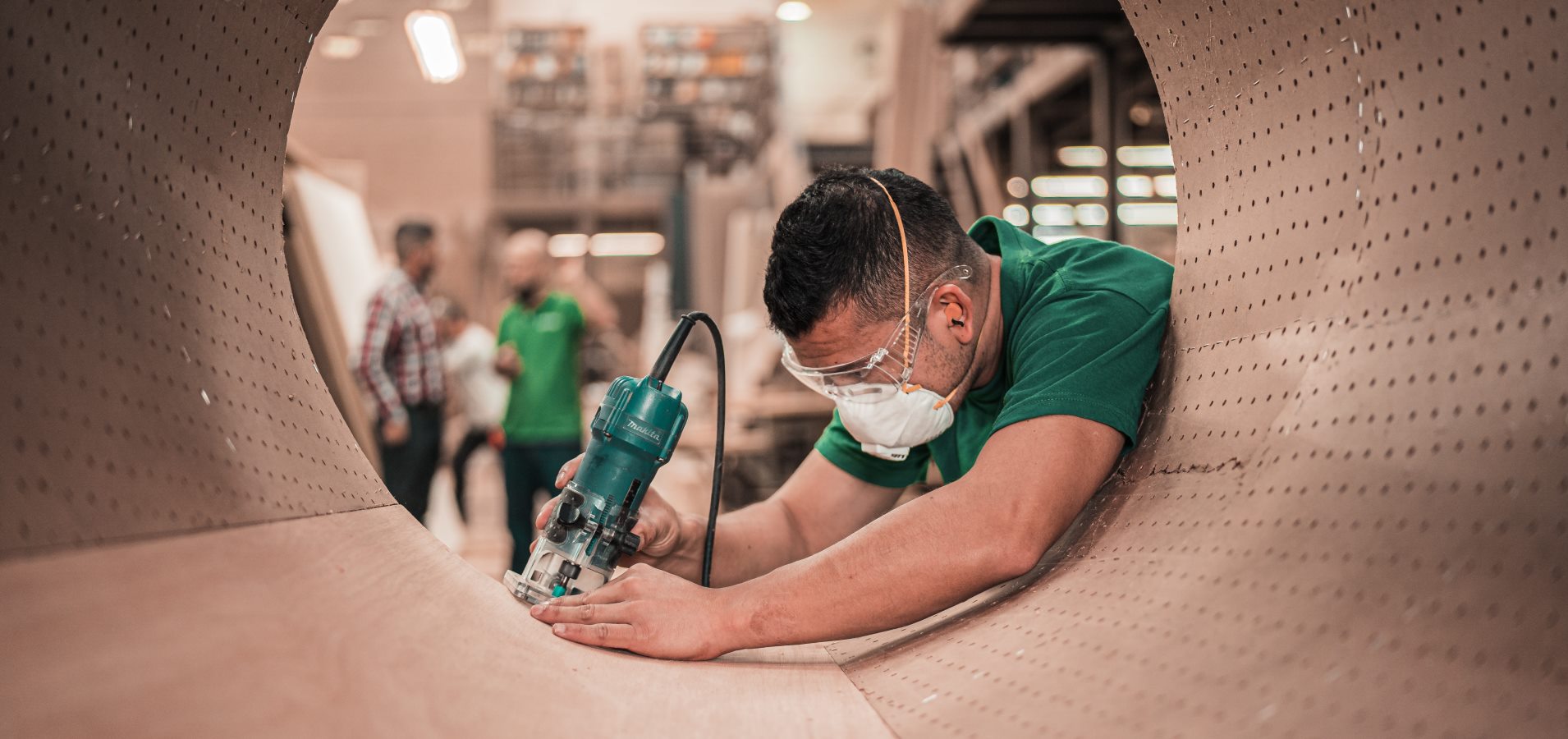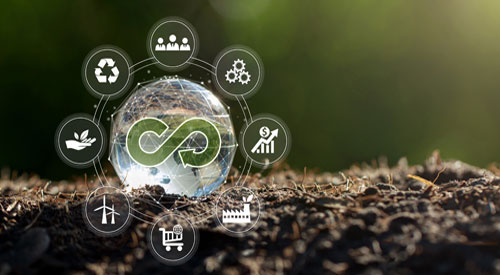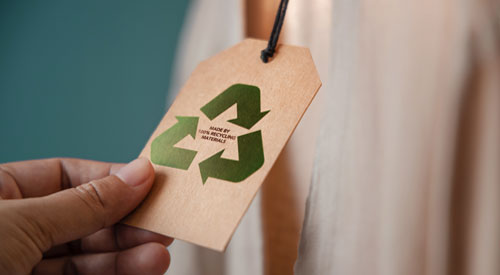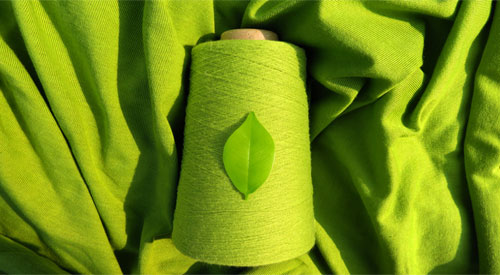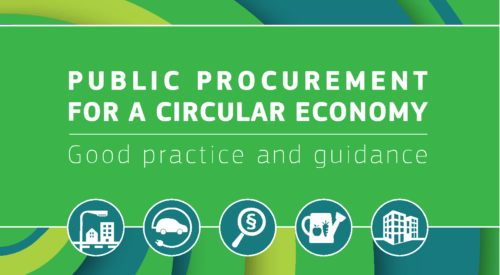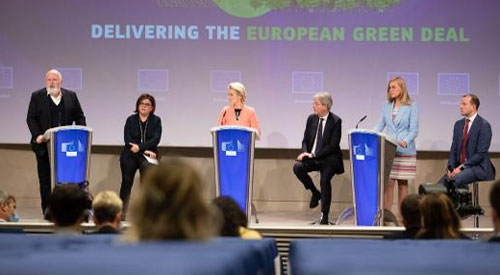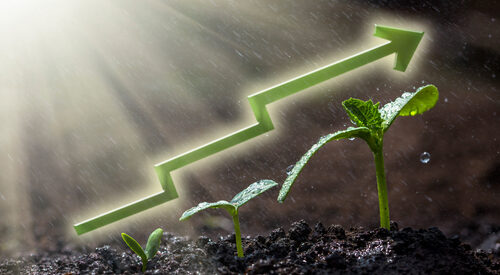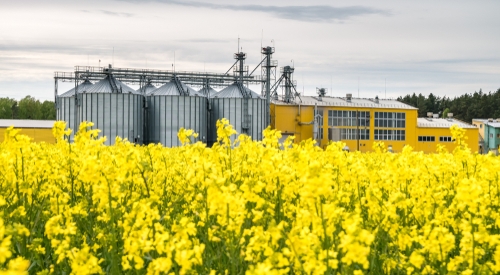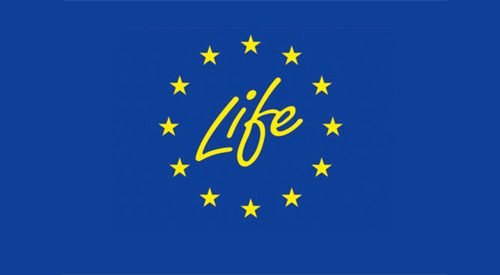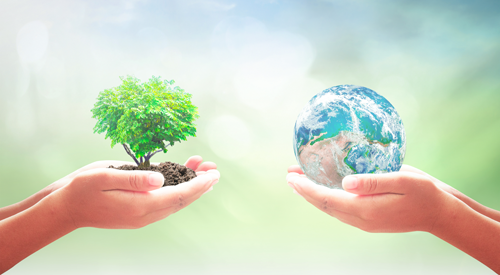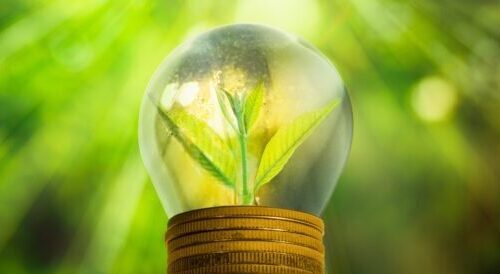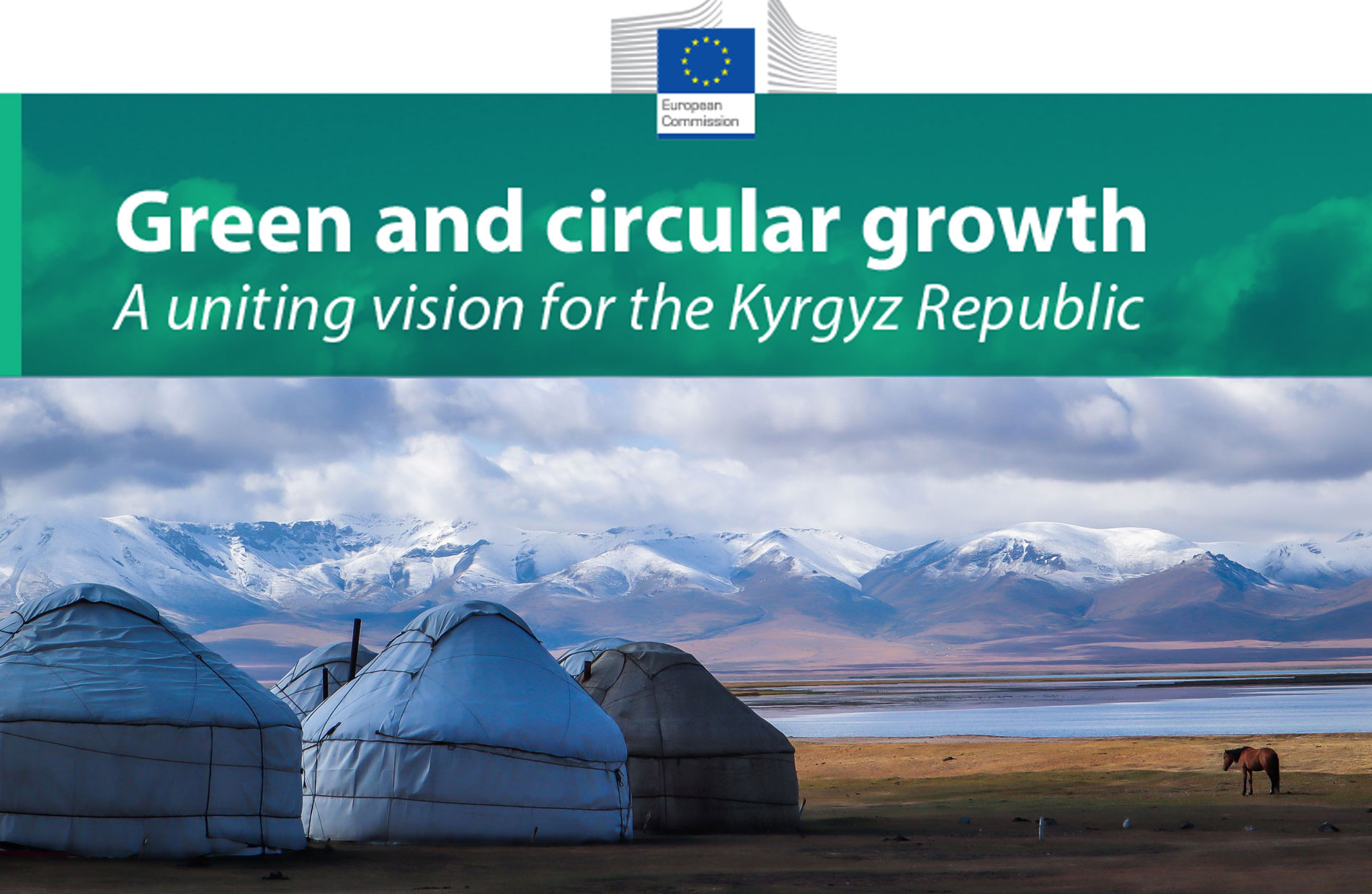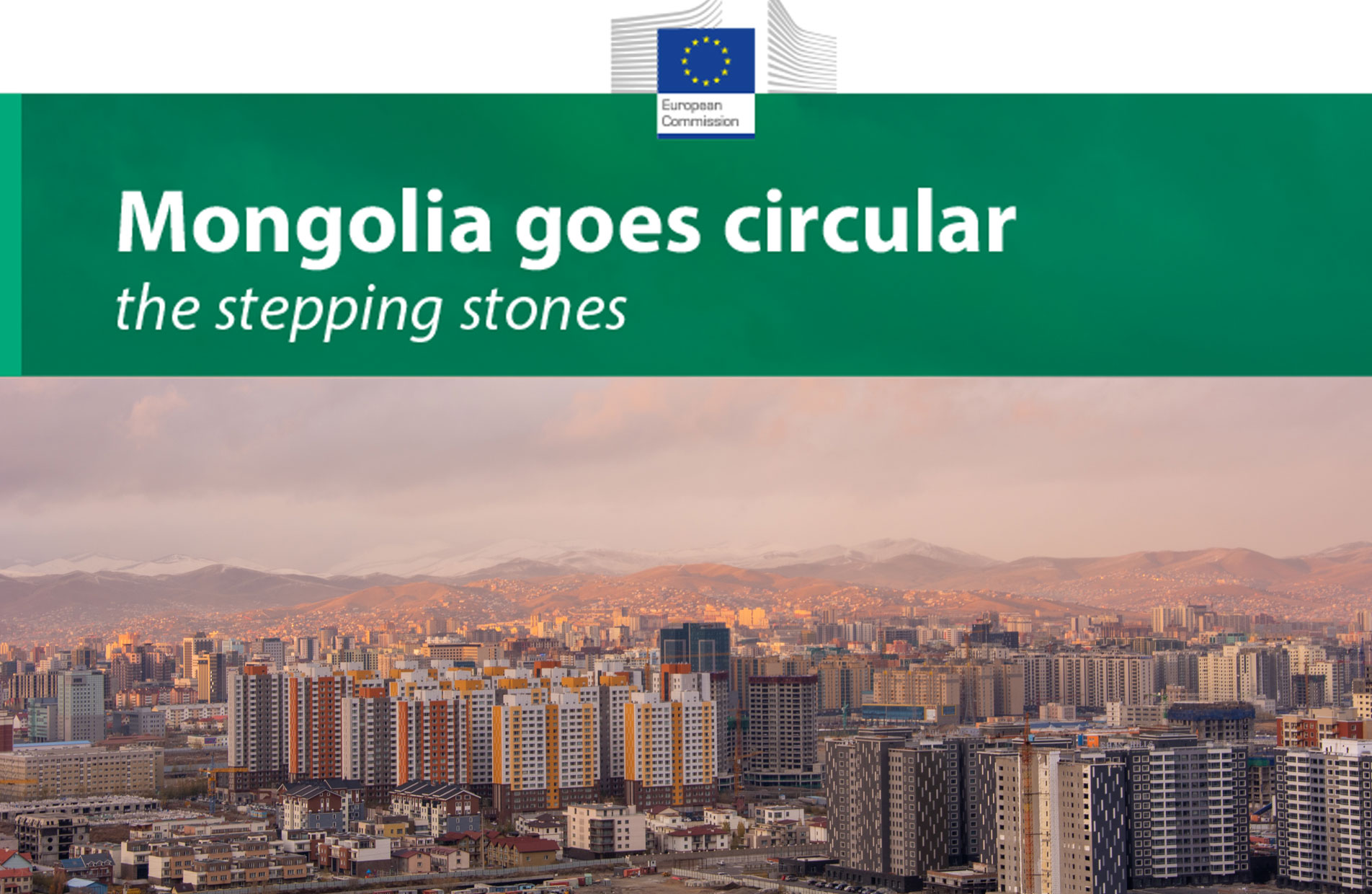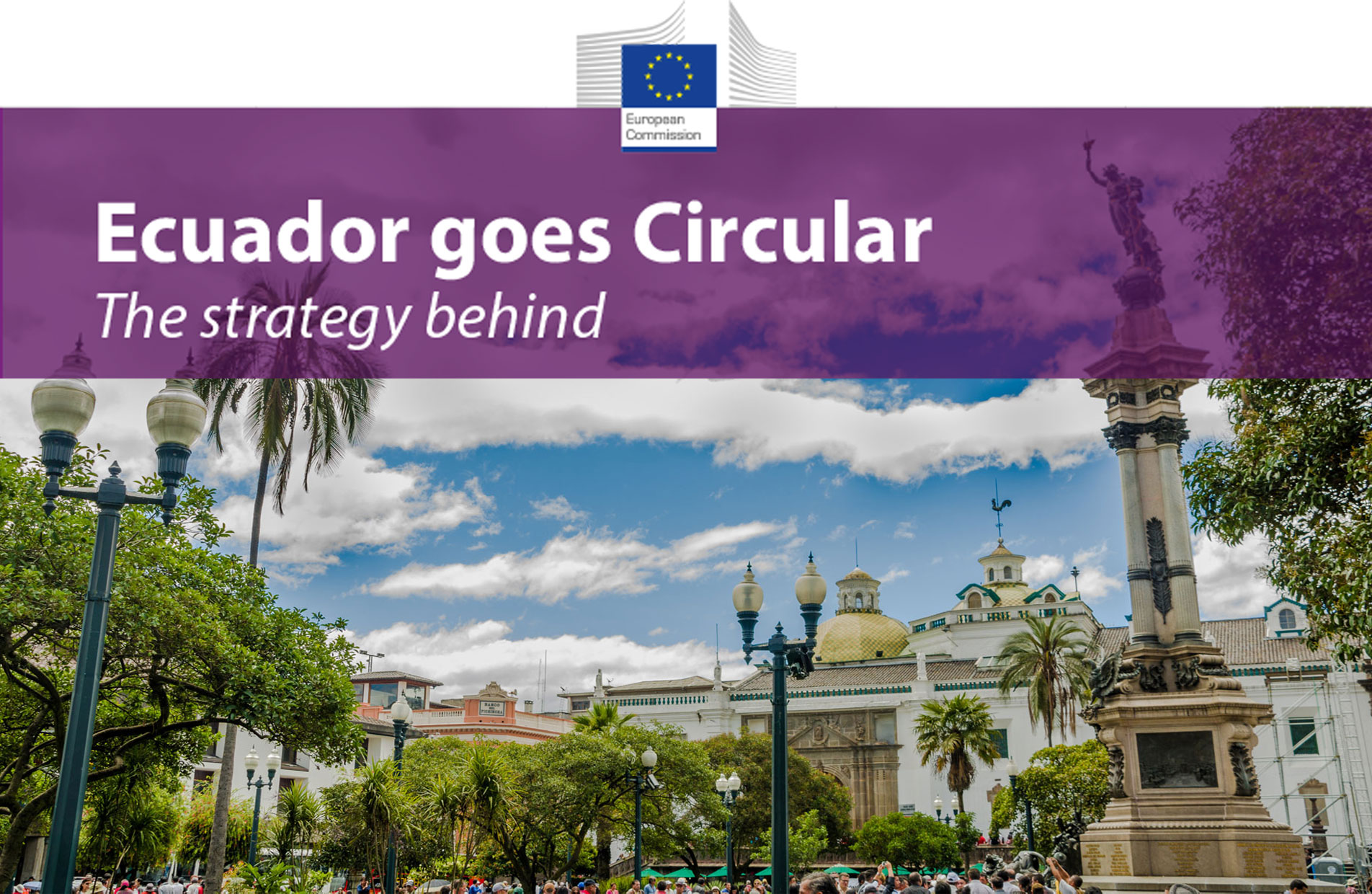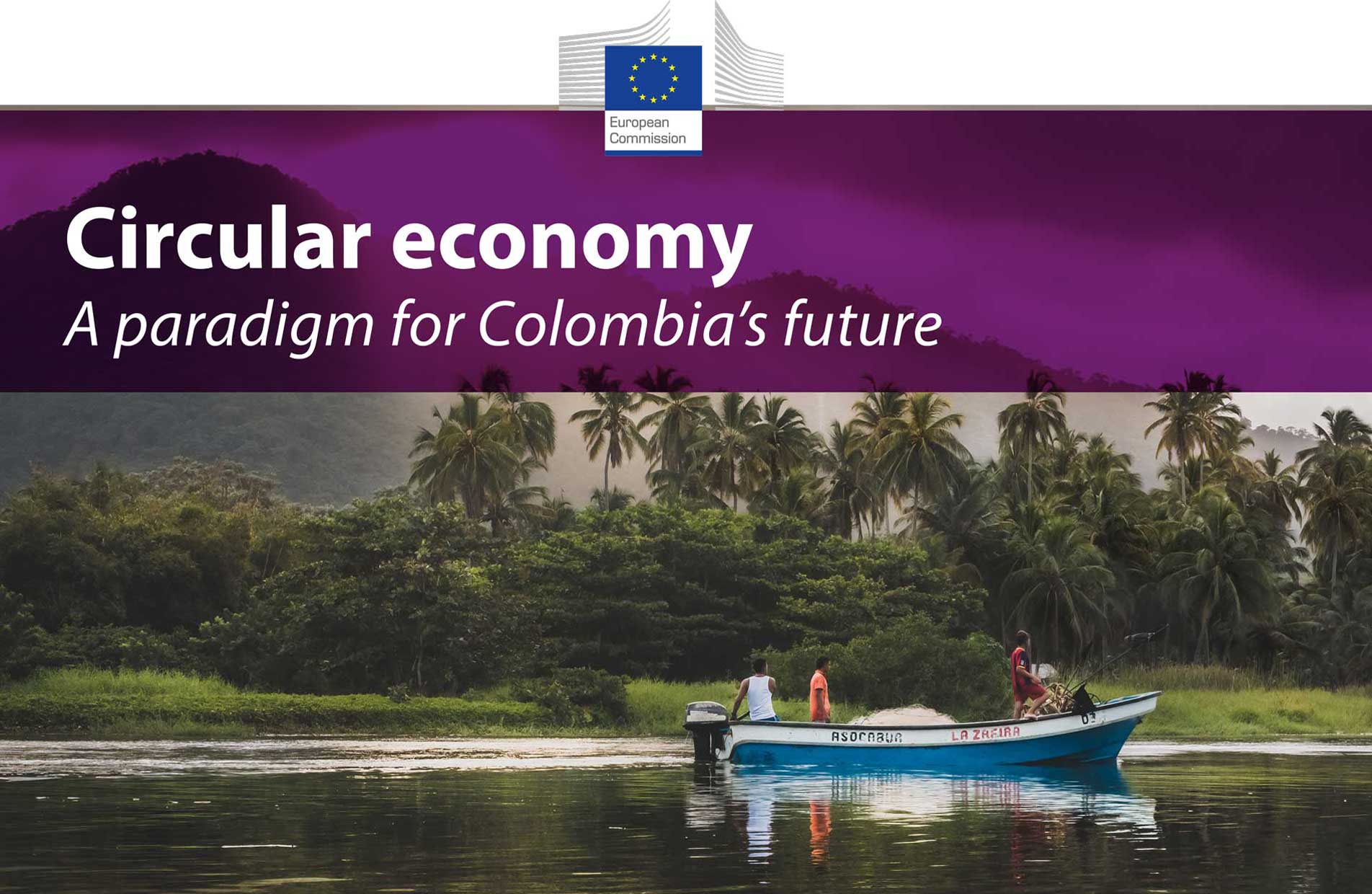The EU Circular Economy Resource Centre will start its operations in January 2025. The centre, led by Sitra and the Finnish Ministry for Foreign Affairs, will strengthen collaboration between Europe and the Global South. Find out how to get involved.
Latest News
Needs and Gaps in Moving Towards Extended Producer Responsibility (EPR) in RWANDA
An EU funded report by the Africa RISE and SWITCH to Green Facilities laid out steps towards a Extended Producer Responsibility (EPR) system in RWANDA. Discover more.
“What gets into the market – must get out of the market”: key lessons from a EPR Pilot in Zambia
The pilot on Extended Producer Responsibility (EPR) initiative in Zambia delivered challenges encountered, and lessons learnt for implementing a Extended Producer Responsibility scheme for plastics on the ground. Get the details.
Green and Circular – Can it be Fair? Joining Forces for a Just Transition
The high-level side-event “Green and Circular – Can it be Fair?” puts circular economy on the agenda of the Summit of the Future. The transition from a linear to a circular economy requires a coordinated, systematic and coherent efforts to leverage systemic action across stakeholder groups. The event will discuss a way forward. Read more.
Circular Economy: EU's Domestic Experience
Circular ExperienceBuilding on EU’s Domestic Experience in Green Economy
Best Practices (EN)SWITCH to Green Services at a Glance
The SWITCH to Green Facility supports EU international partnerships of DG NEAR, DG International Partnerships and EU Delegations by providing technical assistance where good will or enthusiasm for innovation may be complemented by additional operational, knowledge or other capacities.
Technical Assistance
SWITCH to Green contributes to the identification and formulation of EU supported actions, both remotely and through in-country missions.
Quality Support
The Facility assists in steering, management, delivery, and M&E of on-going green economy actions. Support is delivered remotely and through in-country missions.
Capacity Development
The Facility delivers trainings and learning events to assist EU staff and international partners to promote a better understanding of the green economy

Communication and outreach
By making information on policy developments and impact available, the Facility supports communication on the green, notably circular economy transition.

Dialogue and Coordination
The Facility supports policy dialogue, and exchange across EU partner countries with events ranging from technical meetings to high-level policy debates.

Development of tools
On-demand, the Facility supports the creation of tailor-made tools that stimulate learning and streamlining of content among a diverse set of target groups.
Circular Economy - Country Case Studies
EU external action policy also prioritises the circular economy transition at regional level: In Latin America and the Caribbean, circular practices reinforce trade and investment cooperation, including by diversifying and modernising economic models to make them fit for globalisation. In Asia and Central Asia, a circular shift contributes to human health and the quality of life, economic diversification, new business opportunities and economic growth. Case studies illustrate different strategies for the transitions.
